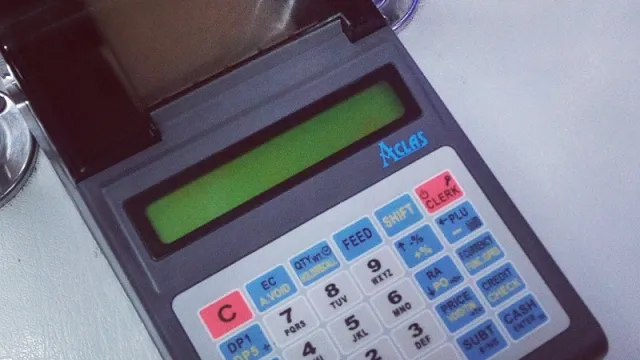KRA adopts internet-enabled tax registers to nab cheats

KRA adopts internet-enabled tax registers to nab cheats
Traders across the country must now embrace the use of internet-enabled tax registers according to fresh regulations rolled out by the Kenya Revenue Authority (KRA) as the agency intensifies war on cheats.
At the moment, KRA officers are mounting a crackdown with a view to weed out suppliers of the old model tax registers whose grace period for use ended on January 15, this year.
"Any supplier of Electronic Tax Registers (ETRs) found supplying non-compliant ETRs shall be liable to penalties as prescribed in the law," KRA said in a statement.
Under the online-based tax monitoring system, businesses will be required to post to the taxman their entire trading receipts data at the end of a trading day.
Companies that fail to adhere to the new ETR regulations risk a fine of Kes1 million, and or jail term not exceeding three years, KRA said.
The internet-based ETR is configured to capture the Personal Identification Number (PIN) of the individual or business at the point of the gadget's purchase.
Read also: Nakuru, Eldoret traders in the soup over tax evasion
The new system will be using the registered PIN in the event where the purchaser needs to lodge a claim on input tax for VAT paid.
This implies that businesses will be seeking the taxman's greenlight to proceed with trading once they open for a new day.
Any wrong or incorrect data entered during the previous day could easily see a trader locked out from business.
"The Kenya Revenue Authority wishes to remind suppliers of Electronic Tax Registers that the supply of ETRs that are not compliant with the Value Added Tax (Electronic Tax Invoice) Regulations 2020 was discontinued effective January 15, 2022," a statement from the taxman said.
The internet-based ETRs also runs a KRA-issued control unit serial number that qualifies each tax gadget besides an invoice number that is produced by each register upon the issuance of a tax invoice.



